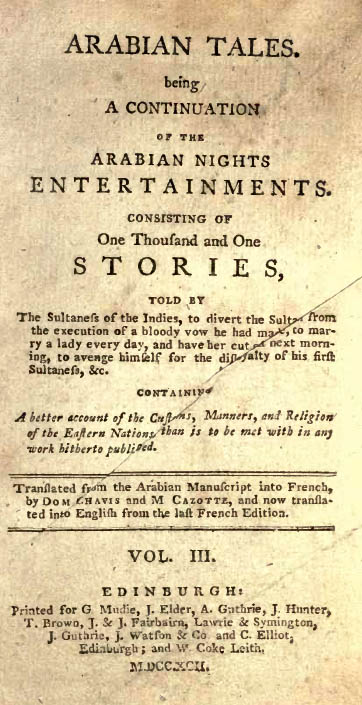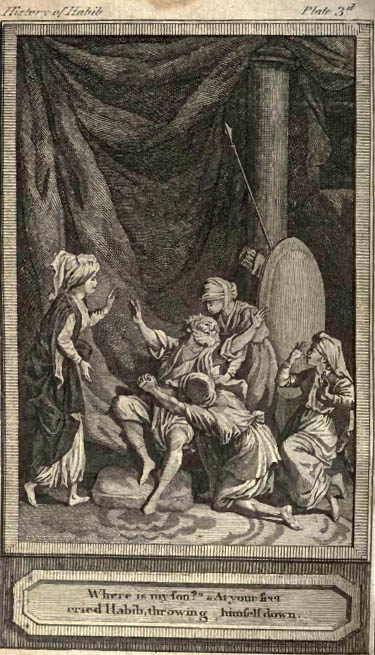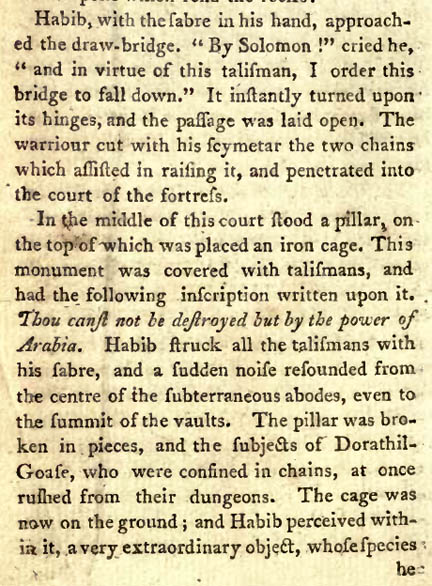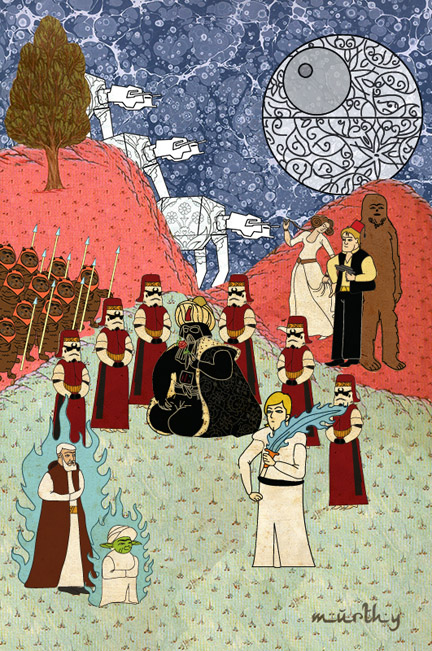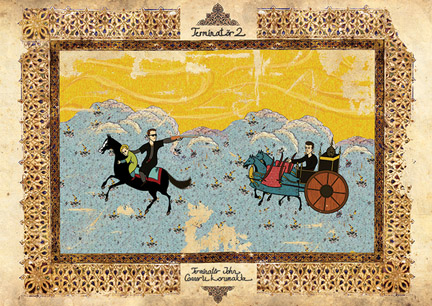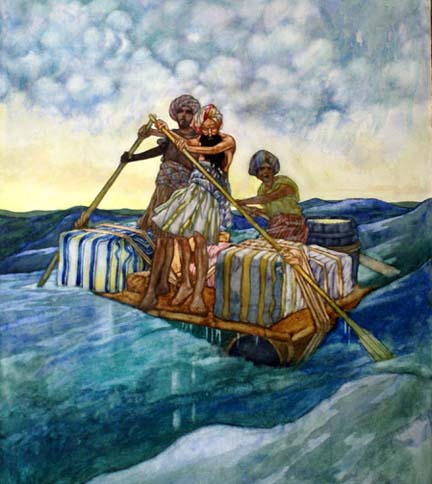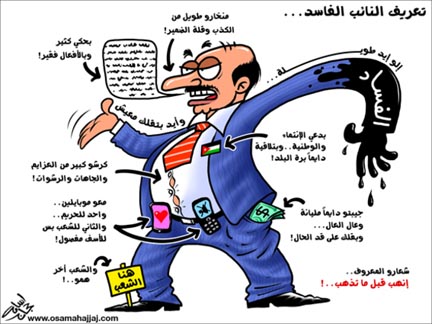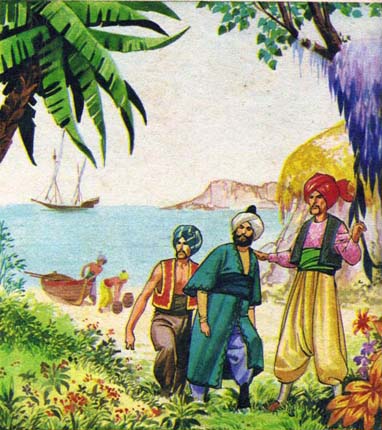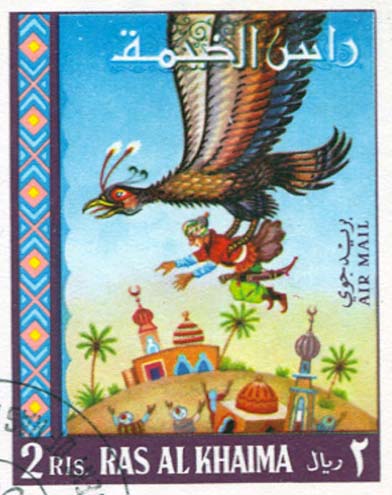
Sinbad the Sailor by Nadir Quinto (1918-1994), an Italian artist, born in Milan
The Eighth Voyage of Sindbad
bu Mahmoud Abdelaziz
[Webshaykh’s Note: This last semester I taught an Honors Seminar on the Arabian Nights. The last assignment asked students to write the 8th voyage of Sindbad, drawing on what happened in earlier voyages. I will post several of these here for your enjoyment. This is the fourth one I am publishing by Mahmoud Abdelaziz. The third is by Peter Otis. The second is by Marissa Priest. For the first by Taryn Teurfs, click here.]
{Sindbad the Porter said to Sindbad the Sailor, “For God’s sake, pardon me the wrong I did you,†and they continued to enjoy their fellowship and friendship, in all cheer and joy, until there came to them death, the destroyer of delights, sunderer of companies, wrecker of palaces, and builder of tombs (The Seventh Voyage of Sindbad)}.
Angels with black faces descended from the heavens carrying rough haircloth and sat around Sindbad the Sailor in throngs stretching as far as the eye can see. Sindbad’s entire body was paralyzed with fear, including his vocal cords, which he could not get to vibrate in the least in order to make even the slightest utterance. Then the Angel of Death came and sat at his head and said, “Foul soul, come out to the wrath and anger of Allah!†Then his soul divided up in his body and it was dragged out like a skewer is pulled out of wet wool. Sindbad screeched in torment from the excruciating pain of his soul’s inertial desire to remain in his body clinging to this world. Then the Angel took hold of it. When he had grasped it, the other angels did not leave it in his hand even for the twinkling of an eye. They took it and wrapped it in the rough haircloth and a stench came out of it like the worst stench of a corpse on the face of the earth.
Then they took it up and whenever they took it past a company of angels, they asked, “Who is this foul soul?†and the angels with the soul replied, “Sindbad the Sailor, son of Sindbad the revered Imam of Baghdad, father of Sindbad the acclaimed doctor of all the orient—†But before Sindbad’s soul could feel even a modicum of pride, the angels continued, using the worst names by which people used to call him in this world—“slave to his own desires, worshipper of the dunya, the self-indulgent Sindbad the Sailor who had forsaken his family to pursue his own selfish interests.†Upon hearing his own atrocities and misdeeds, Sindbad’s soul began weeping with guilt and regret. The angels brought him to the lowest heaven and asked for the gate to be opened for him. It did not open. As verse forty of chapter seven of the Holy Qur’an, the Divine Guidance for mankind, reads:
To those who reject Our signs and treat them with arrogance,
No opening will there be of the gates of heaven,
Nor will they enter the garden,
Until the camel can pass through the eye of the needle:
Such is Our reward for those in sin.
Continue reading The 8th Voyage of Sindbad: #4 →
